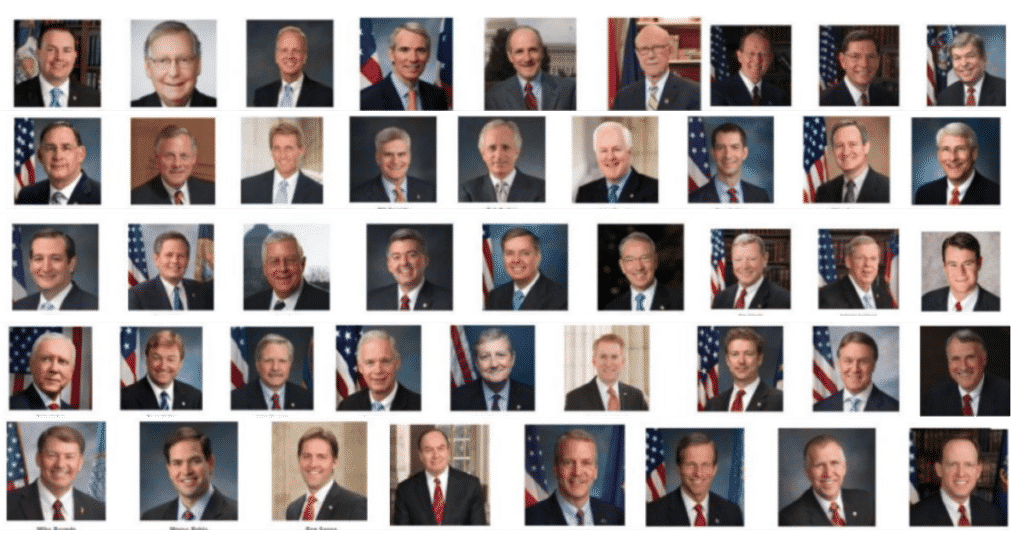
When I read Christine Flowers’ op-ed in the Herald yesterday supporting Education Secretary Betsy DeVos’ newly proposed rules on how to handle campus sexual assault allegations, I couldn’t help chuckling to myself.
It’s incredible how the Trump administration (and Republicans in general) have all of a sudden become the champions of due process rights and the “wrongly accused” in the aftermath of Supreme Court Justice Kavanaugh’s confirmation hearings. The fundamental importance of ensuring the due process rights of a person accused of wrongdoing appears to resonate with them with a newfound clarity now that they can picture an accusation actually affecting a member of their own family.
Don’t get me wrong. These new rules are good for criminal defense lawyers like me because they will now allow accused students to hire lawyers to represent them in the school disciplinary process.
But Trump and his acolytes’ moral indignancy it is a bit over the top. Especially for a man who, in 1989, paid for a full-page ad in four New York City newspapers calling for the return of the death penalty after a group of black and Hispanic teenagers were arrested accused of raping and beating a woman in the Central Park Jogger case. Nevermind that all had their convictions overturned in 2002 after a prison inmate admitted that he was the one who attacked the jogger, and DNA evidence backed his confession. In typical Trumpian fashion, Trump did not apologize or show even a patina of contrition when the court overturned the five’s wrongful convictions in 2002 after they had spent years behind bars. In fact, as recently as October of 2016, in the final weeks of the presidential election, Trump doubled down telling CNN “
So why would he suddenly champion the presumption of innocence now after having clearly demonstrated a complete disregard for it previously?
Because now he can relate.
You see, it is difficult for Trump and many other white Republicans to imagine themselves, their children, or their relatives being accused of a street-level crime. It’s just not part of their reality. It’s easy, however—for Trump in particular—to imagine being accused of sexual misconduct. After all, all it takes is one woman to make an allegation.
The point is that the Kavanaugh hearings touched a nerve with a lot of Republicans. Here was a man who did everything right in his life: he worked hard, went to the best schools, and worked in the highest echelons of government. And for what? For it all to be derailed by one woman’s allegations?! Apparently, this struck terror in the hearts of the predominantly white male led GOP Senate who had, coincidentally, worked hard, gone to the best schools, and worked in the highest echelons of government…
But white male senators weren’t the only ones who could relate to Kavanaugh’s plight. Ordinary, run of the mill white male Republicans could relate to Kavanaugh. So could their wives: “That could just as easily be my husband. My brother. My son.” To quote Ms. Flowers, “If accusations could nearly take down a man as respected as Kavanaugh, what happens to someone who doesn’t have that level of clout and legal prowess?” All of a sudden the presumption of innocence and due process were of the utmost importance. A lot was at stake. This was real.
As Ms. Flowers correctly points out, “[d]ue process exists because not every person accused of a crime has actually committed it.” Our constitution enshrines this promise of legality and fair procedure to anyone facing the loss of their life, liberty, or property. But to be intellectually honest, one’s view of this promise shouldn’t turn on who is being accused or what they are being accused of.








